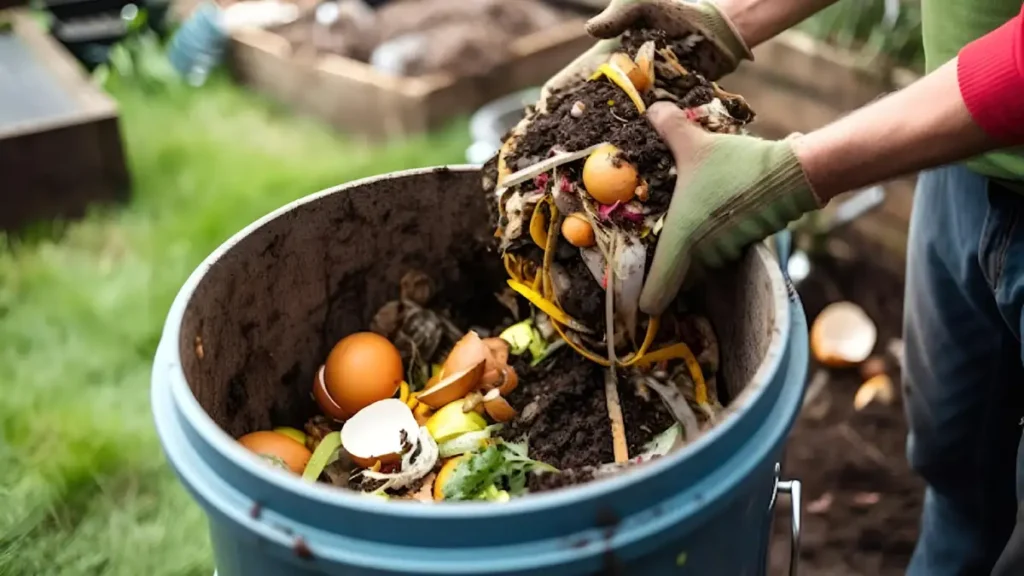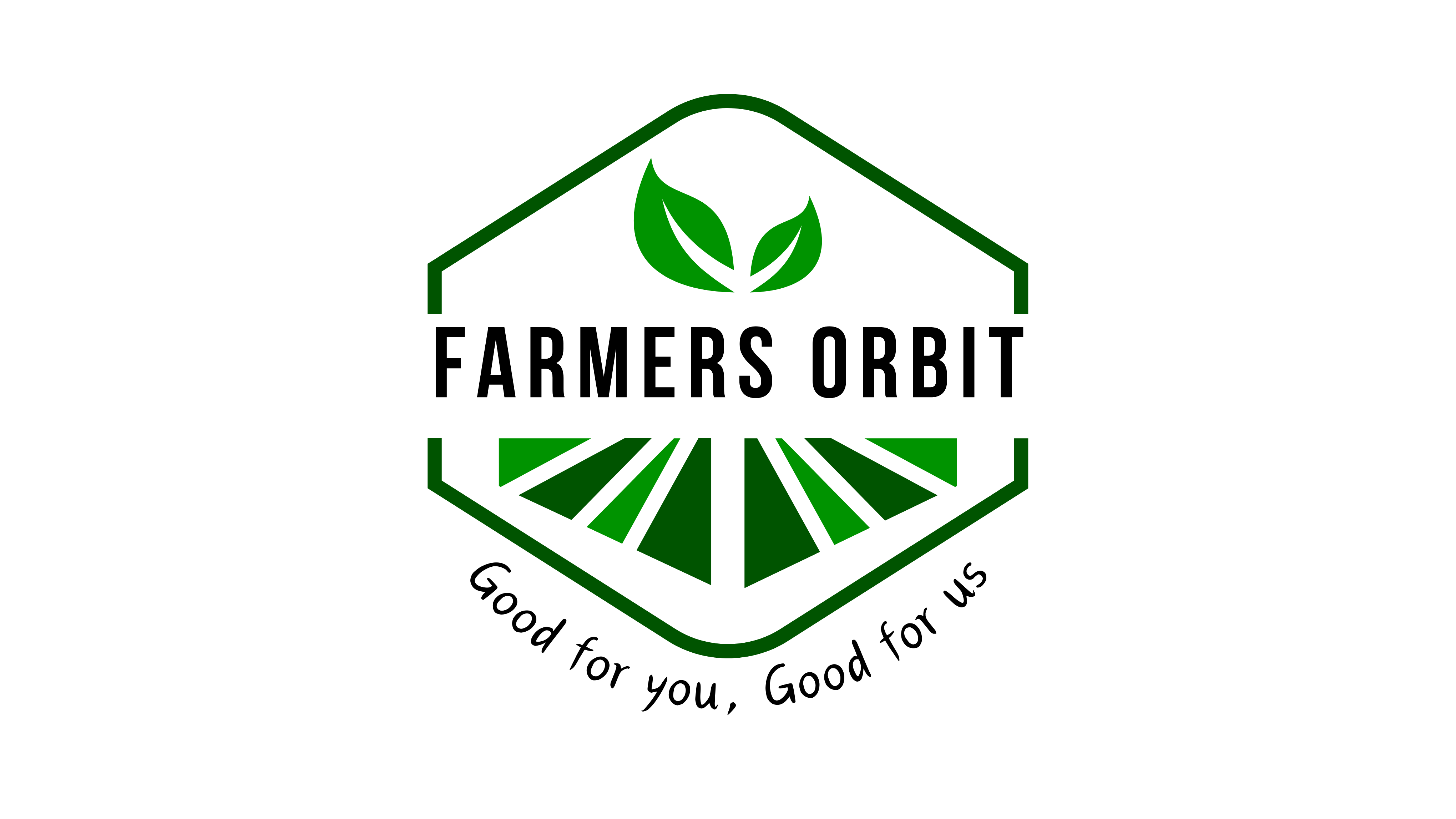Natural fertilizer is a sustainable way to enhance soil health and boost plant growth. Growing awareness of the value of environmental conservation and sustainability in many facets of our lives—including gardening—has occurred in recent years. Conventional gardening methods frequently include pesticides and synthetic fertilizers, which are bad for the soil, water, and other ecosystems. But you can make a healthier, more sustainable garden that grows in balance with nature by using organic gardening techniques and natural fertilizer. Made from organic materials like compost, manure, or seaweed, it provides essential nutrients while improving soil structure and encouraging beneficial microorganisms.
Benefits of using natural fertilizer for the garden:
- Organic matter found in natural fertilizers enhances the soil, encouraging microbial activity and enhancing its structure. Better water retention, aeration, and nutrient availability for plants are the outcomes of this.
- Made from organic sources like compost, manure, and leftover plant material, these fertilizers provide plants with a steady supply of nutrients without depleting the soil.
- Natural fertilizers, unlike synthetic fertilizers, are made from renewable resources and have a low environmental impact. When utilized properly, they don’t cause soil erosion or waterway contamination.
- These fertilizers encourage the development of advantageous microbes in the soil, which improve nutrient cycling, fix nitrogen, and aid in the breakdown of organic materials. The creation of an abundant ecology below the earth promotes plant development.
- These fertilizers have a balanced nutrient profile that encourages robust plant development, higher yields, and better disease and insect resistance. Natural fertilizers frequently result in plants that are more robust and healthy overall.

Natural fertilizer options for your garden include:
- Compost: Produced from degraded organic materials, such as kitchen scraps, yard waste, and manure. It strengthens the soil’s structure and enriches it with vital nutrients.
- Worm Castings: The nutrient-rich vermicompost that worms generate enhances the structure of the soil. It has helpful microbes that facilitate the uptake of nutrients by plants.
- Manure: Rich in nitrogen, phosphorous, and potassium, animal manure from cows, horses, chickens, or rabbits is a great source of these elements. To prevent burning plants, make sure it’s well-aged or composted before using.
- Eggshells: Crushed eggshells give the soil calcium, which helps shield tomatoes and peppers against blossom end rot. Additionally, they discourage some pests like snails and slugs.
- Bone Meal: A phosphorus-rich, slow-release fertilizer that encourages robust root growth and blooming. Animal bones are finely ground to make it.
- Coffee Grounds: Packed full of nitrogen, coffee grounds can be applied straight to the compost pile or soil to enhance its texture and fertility.
Conclusion:
To sum up, using natural fertilizer to improve your garden is a holistic approach to gardening that is good for the environment and your plants’ health. Furthermore, natural fertilizers promote healthier, more vivid plant growth and are frequently more economical over time. To ensure a successful garden for years to come, switching to natural fertilizers is a straightforward yet significant step towards better gardening methods.
Certainly! If you’d like to learn more, please consider following our WhatsApp Channel: Harvest Gardening
A frequently asked questions:
Q1: What is the best natural fertilizer for vegetable garden?
A1: Compost created from kitchen scraps, yard waste, and organic materials is regarded as one of the most effective natural fertilizers for vegetable gardens.
Q2: Is seaweed a good natural fertilizer for vegetable gardens?
A2: Yes, seaweed is a great natural fertilizer for vegetable plants since it contains nutrients including potassium, magnesium, and trace minerals.
Q3: Can I use natural fertilizer for all types of plants?
A3: Yes, a variety of plants, including ornamentals, fruits, vegetables, and flowers, can benefit fro



